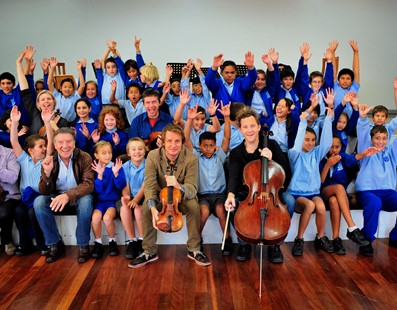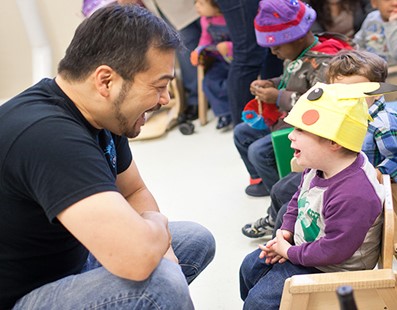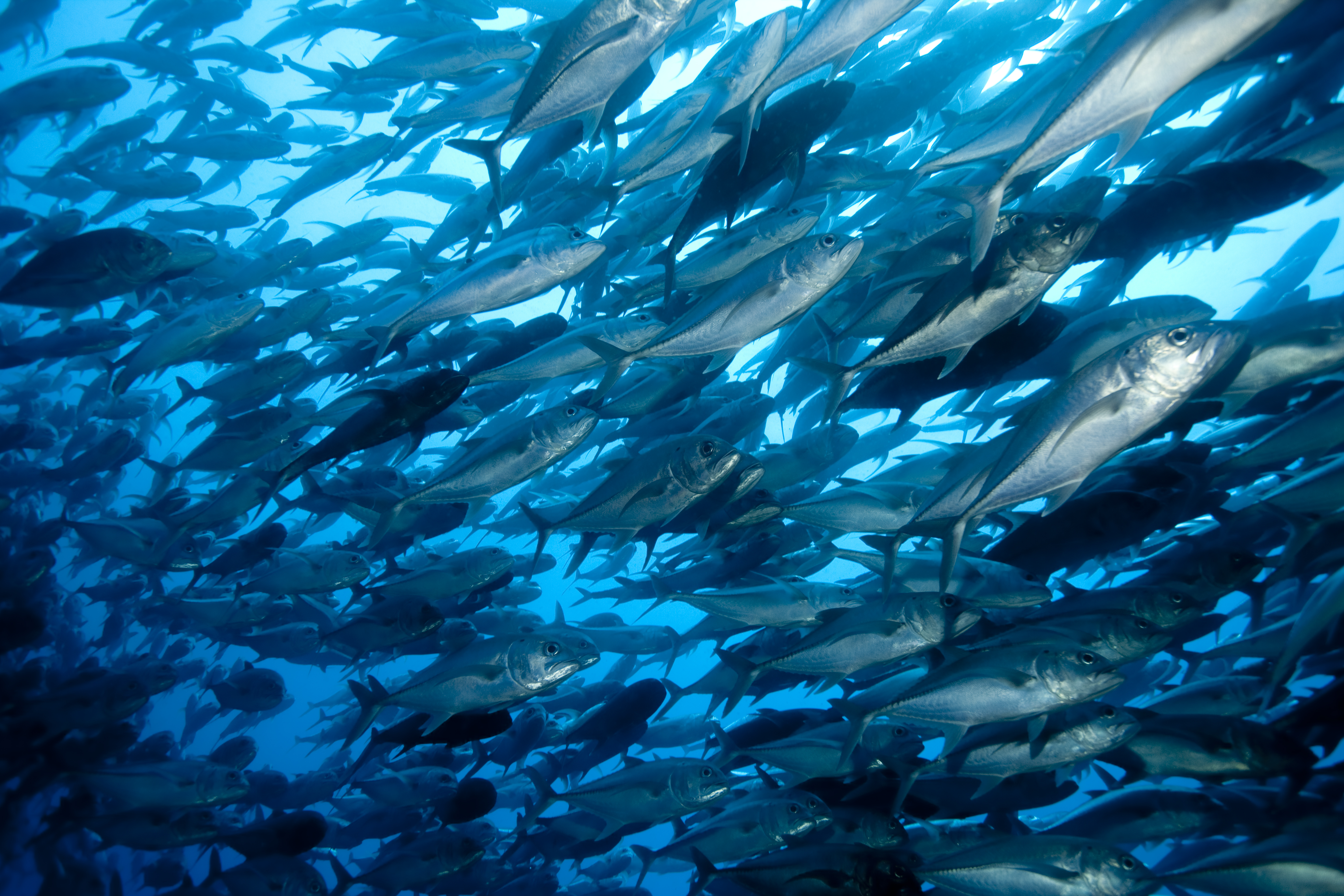
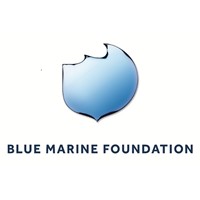
Charity Overview
The Blue Marine Foundation (BLUE) was set up by some of the team behind the award winning documentary film The End of the Line. The organisation exists to fix the world’s largest solvable environmental problem on the planet – the crisis in our oceans. 70% of the earth’s surface consists of ocean and up to 80% of all life on earth lives in the ocean yet only 2.8% is actually protected. BLUE enabled the creation of the world’s largest no-take marine reserve around the Chagos Archipelago in the Indian Ocean. This move doubled the global area of ocean under full protection. Studies worldwide have proven that protecting oceans enable them to recover and BLUE believes that with decisive action over the next 20 years, they will be in a position to reverse the serious threat to our oceans from irresponsible human activity. A donation from ICAP Charity Day 2012 funded a conservation and sustainability project that had never before been undertaken in the UK.
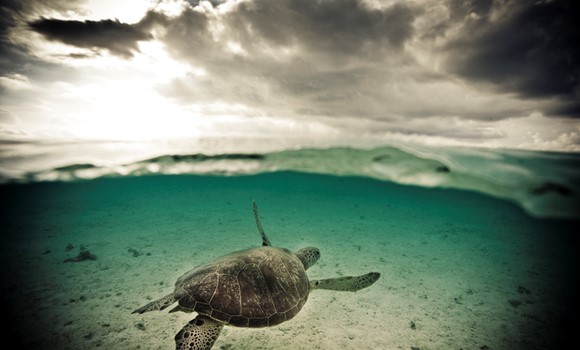
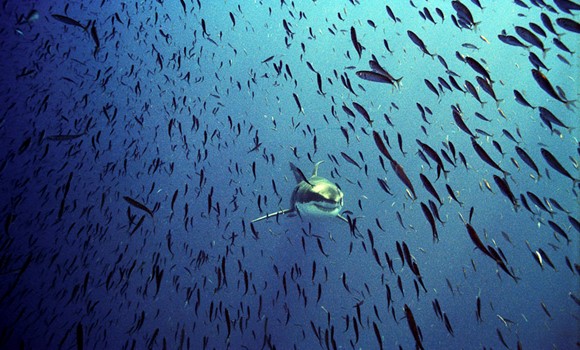
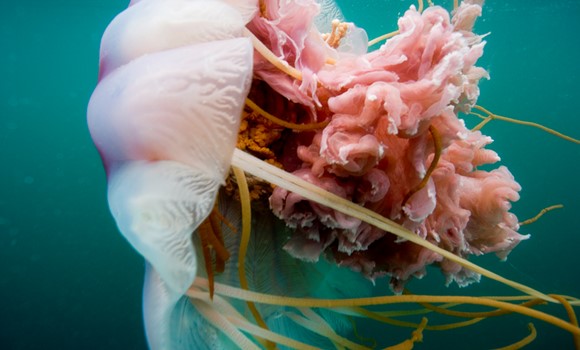
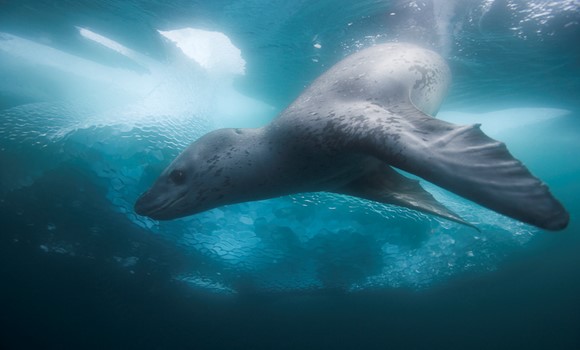
Project Summary
Around 85% of global fish stocks are depleted, fully exploited, over-exploited or in recovery from exploitation. This is a problem because one billion people rely on fish and seafood as their main source of protein and 200 million people depend on fishing for their livelihoods.
Marine reserves help restore vital but delicate marine ecosystems and enable fish stocks to recover, often increasing the amount of fish present by up to five times in seven years.
In order to protect the global fish stocks conservationists and fishermen need to work together. In Lyme Bay on the south coast of England, straddling the border between Dorset and Devon, there had been a history of conflict between these two groups. Funding from ICAP Charity Day enabled fishermen and conservationists to re-engage and create a unique alliance to manage Lyme Bay in a project driven by the Blue Marine Foundation.
ICAP’s donation has had a lasting legacy, supporting a pioneering project which has now become a blueprint for how to manage Britain’s 127 proposed marine areas without destroying the economies of the fishing communities.
The Lyme Bay Working Group, established in 2012, brought together fishermen and scientists to agree a sustainable level of fishing and overall management of the area in a variety of ways. In a world first, and with vital support from the Department for Environment Food and Rural Affairs (DEFRA) fishermen signed up to a voluntary Code of Conduct as a commitment to self-regulation. Fishermen are involved in both the research and management plan for the project, which has received positive feedback in the industry’s journal Fishing News.
In addition, ICAP’s donation went towards the implementation of a number of research studies to inform best-practice management and the creation of a partnership with the Responsible Fishing Scheme (RFS) to help build the sustainability, traceability and high quality of the catch. The plan includes enhancement of storage and icing facilities.
Such is the project’s success that BLUE held a heavily oversubscribed conference at the National Sailing Academy, Portland in September 2013 to explore the potential for applying the Lyme Bay model to other parts of the British coast. BLUE is now engaging in a scoping exercise with more than ten sites around the UK in order to identify areas where this Lyme Bay blueprint can be applied.
BLUE’s vision is to have a world in which marine resources are valued, carefully managed and used sustainably. With this in mind the Blue Marine Foundation aim to achieve active and effective protection of 10% of the world’s oceans by 2020.

